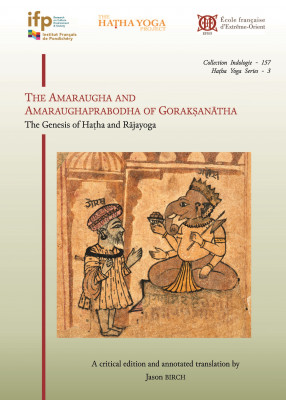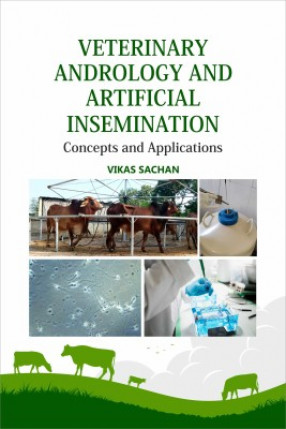FREE & QUICK WORLDWIDE SHIPPING ON $60+
TAKE 10% OFF YOUR ORDER | USE CODE: TAKE10

Book details
-
 xii+274p., Tables; Figures.
xii+274p., Tables; Figures.
-
 Hardcover
Hardcover
-
 English language
English language
-
 Research and Information System for the Non-aligned and Other Developing Countries
Research and Information System for the Non-aligned and Other Developing Countries
-
 01.04.2008
01.04.2008
-
 ISBN 10:
8171220983
ISBN 10:
8171220983
Related categories
Asia's New Regionalism and Global Role: Agenda for the East Asia Summit
Synopsis
One of the most important developments of the past decade has been the emergence of Asia as the most dynamic regions of the world with the rise of China and India a engines of growth, recovery of Japan from a decade old recession, and emergence of Asian middle class as source of final demand. This new found dynamism makes regionalism a viable trade and development strategy for Asia. Although functional integration in the region has increased as is evident from the high and growing proportion of intra-regional trade and investments, Asia has lagged behind other regions in exploitation of potential of Regional Trading Arrangements (RTAs). The lack of an effective broader regional arrangement has prevented Asia from exploiting some fruitful opportunities for regional cooperation and from exercising its influence in global economic governance commensurate with its rapidly growing economic weight. Recognizing the potential of regional cooperation over the past decade ASEAN has not only deepend the sub-regional cooperation between its 10 member states, but has also facilitated the cause of broader cooperation by holding plus one summits with major Asian countries. These countries are now building a complex web of free trade arrangements linking ASEAN and themselves. There is need for building on these sub-regional and bilateral attempts a broader regional framework to provide a seamless market facilitating exploitation of their synergies more effectively. An important initiative in the direction is the launch of the East Asia Summit (EAS) in December 2005 in Kuala Lumpur, Malaysia, as an annual forum bringing together ASEAN, Japan, China, India, South Korea, Australia and New Zealand. Against that backdrop, leading experts of the region in their contributions to this volume examine the case for broader regionalism in Asia, its potential, challenges, possible approaches and roadmaps. The book also discusses potential of cooperation in specific areas of trade and investment, money and finance, and energy security.
-10%
Item available. Ships in 1-2 days.



















